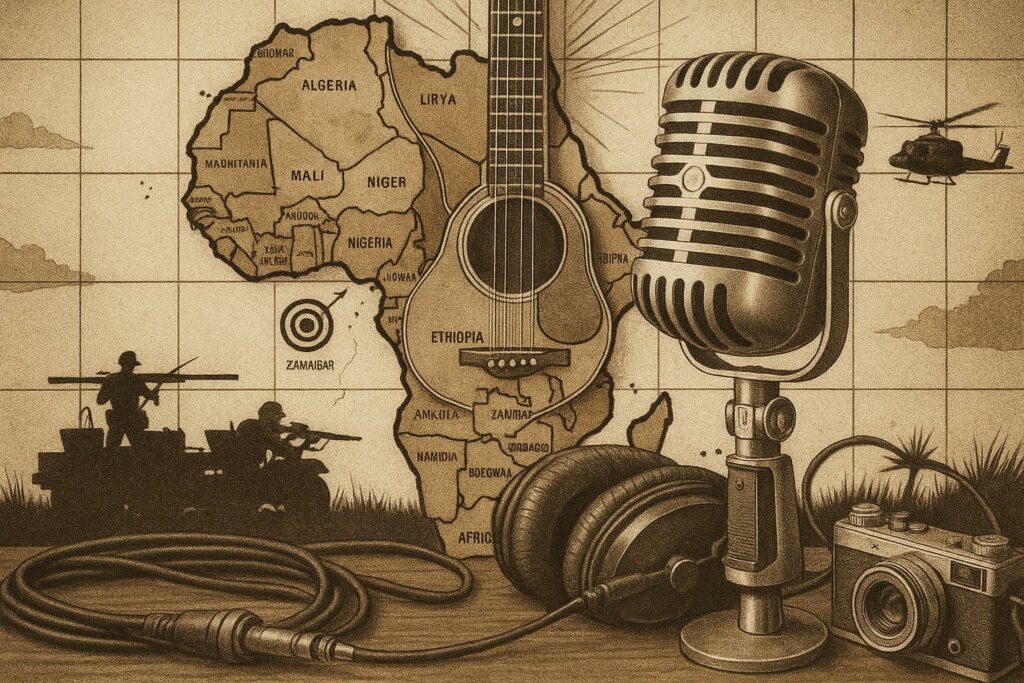Radio Brazzaville: A Beacon in Troubled Times
During the tumultuous years of World War II, Radio Brazzaville emerged as an emblem of resolve and defiance. Established in 1940, the station became the mouthpiece of Free France, broadcasting across continents from equatorial Africa. Its creation was not only a strategic move but a daring endeavor, initiated in a period where French territories were divided between Vichy and Free French forces.
Strategic Positioning: The Heart of Free France in Africa
Brazzaville, the capital of French Equatorial Africa, quickly turned into a pivotal stronghold for Charles de Gaulle’s forces. The strategic relocation to Africa allowed Radio Brazzaville to operate beyond the direct reach of Axis and Vichy influence. The location not only provided a safe haven for broadcasts but symbolized the global nature of the French resistance against oppression.
Technological and Logistical Challenges
Establishing a broadcasting station of such significance was fraught with challenges. The technical difficulties of setting up a powerful radio station in the African wilderness were coupled with the logistical issues of securing supplies and equipment. Nevertheless, the commitment to the resistance movement ensured that these hurdles were overcome, allowing Radio Brazzaville to become a symbol of hope and defiance.
Radio Brazzaville’s Resonance Beyond Borders
The influence of Radio Brazzaville extended far beyond African shores. It provided a rallying point for French resistance abroad and inspired occupied French territory residents by broadcasting news, messages from the Free French leadership, and the voices of hope. The broadcasts became a source of inspiration, serving both as propaganda and as a morale booster for those fighting and those oppressed, reminding them that France had not fallen entirely.
Legacy of Resistance and Global Unity
Decades after its creation, Radio Brazzaville remains a testament to the ingenuity and tenacity of the Free French forces. Its legacy is not just limited to the resistance efforts against Nazi Germany but also highlights the importance of media as a powerful tool in warfare. The station today is remembered as a symbol of global unity against tyranny, and it underscores the impact of African territories in global historical narratives.

